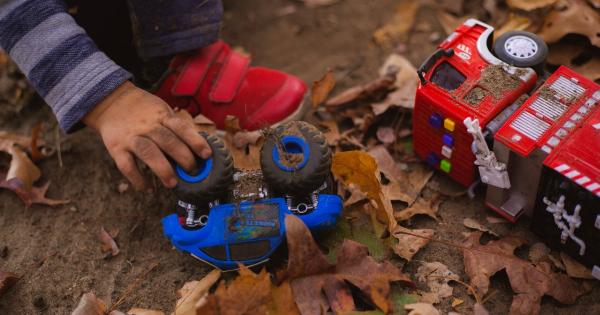Plastic is a non-biodegradable material that has become a ubiquitous part of our daily lives. It is found in everything, from food packaging to shower curtains, from toys to cars.
While plastics make our lives convenient, they also pose a significant threat to pregnant women and their babies.
BPA in Plastics
Bisphenol-A (BPA) is an industrial chemical used in the manufacture of polycarbonate plastics. It is found in many consumer products, including baby bottles, containers, and the lining of canned foods.
BPA is known to interfere with the hormones in the body and has been linked to birth defects and developmental problems in children. Pregnant women who are exposed to BPA have a higher risk of giving birth to babies with low birth weight and a shorter gestational period.
PVC in Plastics
Polyvinyl chloride (PVC) is used to make a variety of plastic products, including shower curtains, upholstery, and toys.
PVC is dangerous for pregnant women and their babies as it contains phthalates – chemicals that can interfere with the development of the male reproductive system. Exposure to phthalates during pregnancy has been linked to hypospadias – a birth defect that affects the penis.
Plastic Food Packaging
Food packaging made from plastic can pose a significant threat to pregnant women and their babies. When heated in a microwave or exposed to high temperatures, the chemicals in the plastic can leach into the food.
Studies have shown that these chemicals can cause damage to the reproductive system, increase the risk of cancer, and disrupt the endocrine system, which controls hormone production and can have a negative impact on fetal development.
BPA-Free Plastics
BPA-free plastics have become a popular alternative to traditional plastics. However, while they are marketed as safe, studies have shown that they may still contain other chemicals that can harm pregnant women and their babies.
For example, studies have found that some BPA-free plastics contain bisphenol-S (BPS), which has been shown to have similar effects on the body as BPA.
Avoiding Plastic Exposure during Pregnancy
While it is difficult to avoid exposure to plastics completely, there are steps that pregnant women can take to minimize the risk to themselves and their babies. These include:.
- Avoiding plastic food containers and choosing glass or stainless steel instead
- Avoiding heating food in plastic containers – instead, use glass or ceramic
- Avoiding plastic wrap and instead using wax paper or reusable wraps made from cloth or silicone
- Avoiding plastic bottles and instead using glass or stainless steel
- Choosing natural, organic products for personal care and cleaning, which are less likely to contain phthalates or other harmful chemicals
Conclusion
While plastic has become a ubiquitous part of our daily lives, it poses a serious threat to pregnant women and their babies. Exposure to chemicals in plastic can lead to birth defects, developmental problems, and reproductive issues.
Pregnant women should take steps to minimize plastic exposure, such as choosing natural products, avoiding plastic food packaging, and using glass or stainless steel containers instead of plastic.






























